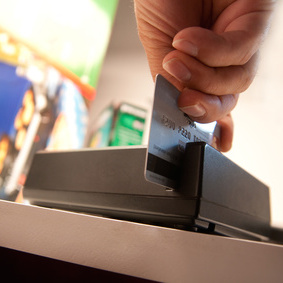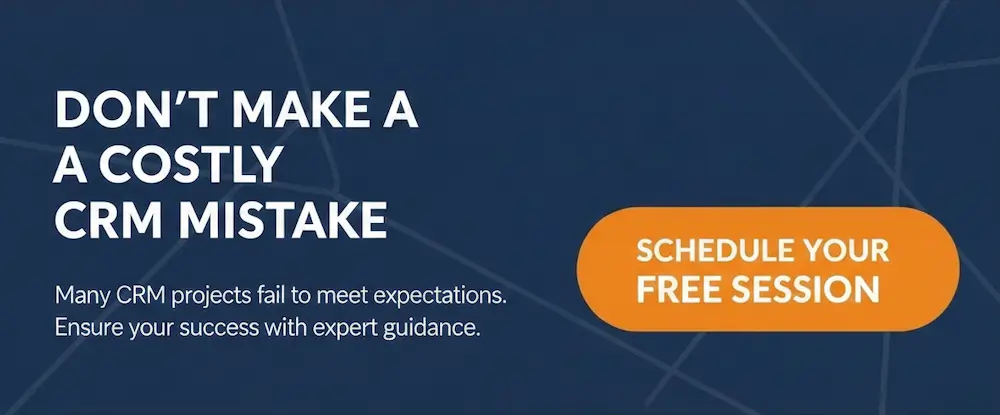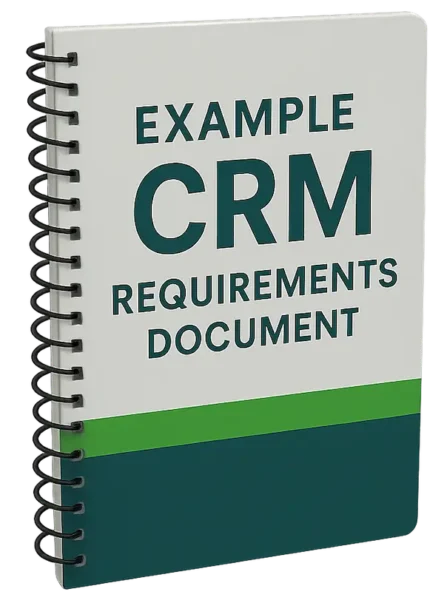 Often, CRM is discussed in the context of direct marketing, e-commerce, and B2B sales. In these situations, salespeople are generally at a desk or working from a mobile device with CRM data readily accessible. It’s natural to wonder how CRM can work for a retailer, when salespeople are working a sales floor and point of sale (POS) register.
Often, CRM is discussed in the context of direct marketing, e-commerce, and B2B sales. In these situations, salespeople are generally at a desk or working from a mobile device with CRM data readily accessible. It’s natural to wonder how CRM can work for a retailer, when salespeople are working a sales floor and point of sale (POS) register.
Are these salespeople completely out of the CRM loop, unable to create or access customer data? Fortunately not. POS has come a long way in the past few years. No longer a glorified cash register, POS devices are now networkable, mobile, and fully integratable into a business’ other software solutions.
Integrating CRM into your retail POS is a great way to keep your salespeople on the front lines of CRM data creation and utilization.
Benefits of CRM and POS Integration
Looking at the benefits of CRM in the context of POS transactions reveals just how beneficial this combination can be. Putting CRM in the hands of your retail sales staff gives them several key benefits that retail salespeople without CRM don’t enjoy:
- Fast Capture: Customer information on everything from shipping addresses to nicknames can be captured at the POS. This data can then be automatically uploaded into the CRM system, making it available to everyone from marketing to management.
- Improved Experiences: With CRM data available on their POS device, salespeople have all of the information they need to improve the customer service to repeat clients. Data on everything from personal tastes to purchase histories is at their fingertips.
- Customer Loyalty: The data collected at a POS terminal can help businesses and salespeople identify their most important customer groups. This can help salespeople identify customers who would benefit from loyalty discounts and programs, and those who wouldn’t.
- Departmental Synchronization: CRM data created by a POS device is automatically synchronized across all relevant departments. The information is updated in real time, and available from a single CRM platform.
- Backend Automation: Without CRM and POS integration, a lot of work goes on after the sale. Things like customer data, sales reporting, and updating marketing lists are all handled manually after the fact. With CRM and POS integration, these tasks occur automatically, in real time.
CRM, POS and Major Vendors
With the proliferation and importance of POS terminals, it’s no surprise that major CRM vendors have made some accommodations for them. It would be hard to call a CRM system “complete” if it ignored the customers going through your brick-and-mortar stores. Here’s how popular enterprise CRM vendors Microsoft, Salesforce, and Sugar integrate CRM with POS systems.
Microsoft Dynamics for Retail
Built around the Dynamics CRM platform, Dynamics for Retail gives businesses the ability to create a POS system that leverages existing customer data, and allows for the creation of new data. The close integration with other Dynamics products lets retailers make each point of customer engagement “…connected, transparent, and consistent.”
Salesforce1 for Retail
The Salesforce1 platform allows businesses to design and implement POS systems on a variety of terminals and mobile devices. When integrated with the Salesforce Cloud, these systems provide a holistic view of the customer, including purchase history and social media activity. Retail salespeople are able to build on existing relationships, instead of starting anew.
SugarCRM for Retail and Consumer
SugarCRM offers an omni-channel solution for managing all customer touchpoints. This includes integration with point of sale systems, which allows end users to create, manage, and enhance customer relationships.
Putting CRM and POS Together
There are a lot of options and third-party applications for bringing CRM functionality to your POS system. Each of these will, of course, have their own benefits and drawbacks. However, when you look at the advantages of integrating CRM and POS, there’s little doubt that it’s an avenue worth exploring further.



